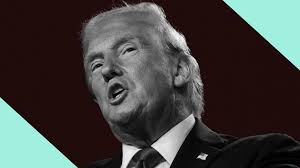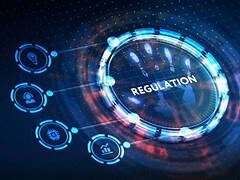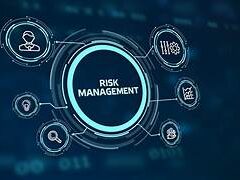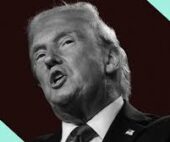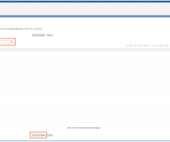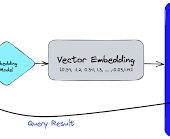AI Industry Could See Regulatory Rollback Under Trump Administration
The AI sector may face a wave of deregulation now that Donald Trump is reelected president. Known for his pro-business stance, Trump is likely to steer away from many of the AI-related regulatory frameworks introduced by President Joe Biden.
During his campaign, Trump’s platform emphasized rolling back regulations that he views as burdensome and costly to businesses, a perspective likely to extend to AI companies, including independent vendors and major tech firms that develop generative AI technologies.
Deregulation on the Horizon
“It’s likely going to mean less regulation for the AI industry,” said Makenzie Holland, senior news writer at TechTarget, on the Targeting AI podcast. “Deregulation is a core theme across Trump’s platform.”
Trump’s business-centric outlook suggests a potential dismantling of Biden’s executive order on AI, which outlined comprehensive federal oversight and safety measures for AI technologies. Although Biden’s order represents the federal government’s most detailed AI policy to date, Trump’s return to office could mean significant changes.
Retaining Bipartisan Elements
Some aspects of Biden’s policies may endure. David Nicholson, Chief Technology Advisor at Futurum Group, noted on the podcast that elements with bipartisan support, such as federal initiatives to promote and guide AI development, are likely to remain intact.
“[Trump will] definitely not scrap it wholesale,” Nicholson explained. “There’s a lot of bipartisan concern that AI is a powerful force to be managed carefully.”
However, regulatory components emphasizing AI safety and oversight are less likely to survive. Holland expects Trump to dramatically scale back efforts to address AI risks, which are central to Biden’s executive order.
Elon Musk’s Influence
Elon Musk, a prominent Trump supporter and owner of X (formerly Twitter) and generative AI company xAI, could play a unique role in shaping AI policy under a Trump administration. Musk has been a vocal critic of competitor OpenAI, accusing it of lacking transparency. Nicholson suggested that Musk’s definition of transparency, including his push for “honest” models free of political bias, could align with Trump’s broader deregulatory agenda.
“Having the ear of the president, Musk could play a significant role in influencing AI policy,” Nicholson said.
The Fate of Federal AI Oversight
While Trump is expected to discard much of Biden’s existing agenda, some bipartisan initiatives, such as the CHIPS and Science Act of 2022, are likely to remain. The legislation emphasizes U.S. manufacturing and technology development, aligning with Trump’s focus on domestic economic growth.
However, Trump’s deregulatory stance could lead to a shake-up at enforcement agencies like the Federal Trade Commission (FTC) and the Department of Justice (DOJ). Both agencies have taken aggressive approaches to AI regulation and big tech oversight under Biden.
“Lina Khan’s position at the FTC is likely on the line,” Holland said, referring to the activist chair who has targeted major tech companies. “Trump’s platform is built around deregulation, which will inevitably impact these agencies.”
A Patchwork of State Regulations
In the absence of robust federal AI regulations, the U.S. may continue moving toward state-level governance. This fragmented approach could create a patchwork of rules, complicating compliance for businesses operating across multiple states.
Post 2024 presidential election, the future of AI regulation remains uncertain, with the potential for significant shifts under a Trump administration.

